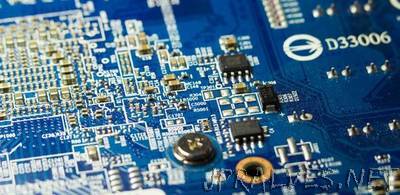
“A newly-developed form of transistor opens up a range of new electronic applications including wearable or implantable devices by drastically reducing the amount of power used. Devices based on this type of ultralow power transistor, developed by engineers at the University of Cambridge, could function for months or even years without a battery by ‘scavenging’ energy from their environment. Using a similar principle to a computer in sleep mode, the new transistor harnesses a tiny ‘leakage’ of electrical current, known as a near-off-state current, for its operations. This leak, like water dripping from a faulty tap, is a characteristic of all transistors, but this is the first time that it has been effectively captured and used functionally. The results, reported in the journal Science, open up new avenues for system design for the Internet of Things, in which most of the things we interact with every day are connected to the Internet.”
